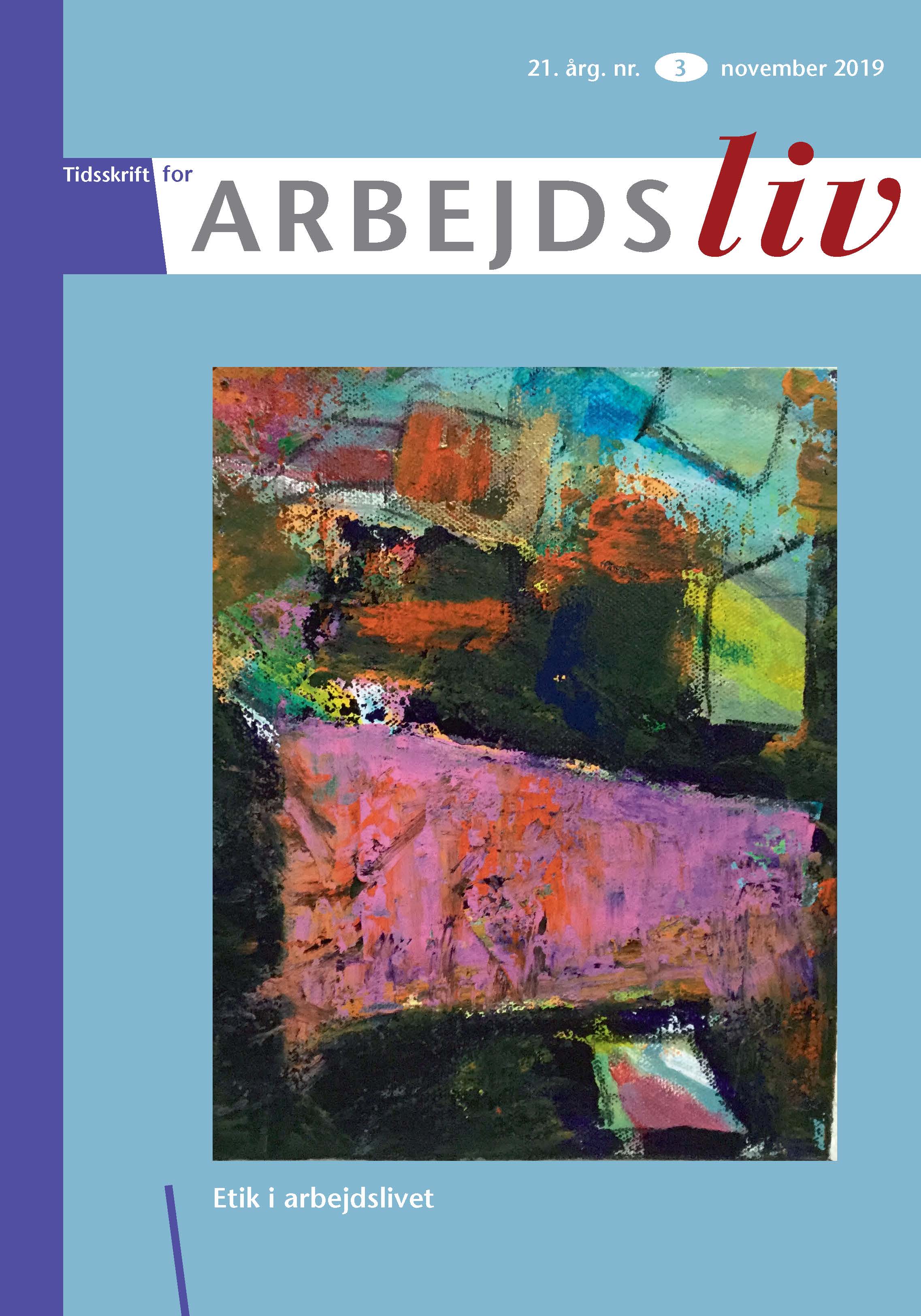Den humanitære livsform – en ny epistemologi for den professionelle etos i velfærdsarbejde
DOI:
https://doi.org/10.7146/tfa.v21i3.118060Nøgleord:
Den humanitære livsform, Professionsetik, Velfærdsprofessioner, Velfærdslivsformer, Eudaimoni, Den professionelle etosResumé
Denne artikel udbygger og nuancerer livsformsanalysen ved at introducere og defi nere en ny livsformskategori, den humanitære livsform, og belyse hvordan den er sammenvævet med professionsbegrebet, og udsprunget af velfærdsprofessionernes arbejde og placering i staten. På baggrund af et årtis forskning i velfærdsarbejde og professionsetik diskuteres den kompleksitet, som kendetegner velfærdprofessionernes arbejdsliv og eksistensmodus. Begrebet den humanitære livsform er opstået som en ny forskningsbaseret konceptualisering, forankret i livsformsanalysen, som i samspil med professionsforskning og forskning i professionsetik belyser, hvordan livsformer og professionsidentieter er i udvikling. Artiklen diskuterer dynamikken og kompleksiteten i den triade det er at være et menneske, der samarbejder med mennesker, for og om mennesker. Nyere forskning viser, hvordan der opstår etiske dilemmaer og dikotomier mellem professionsetiske fordringer og velfærdsprofessionernes vilkår i konkurrencestaten. Den humanitære livsform indebærer professionsetisk bevidsthed som et essentielt bærende element for professionel integritet og som klangbunden for faglighed i professionelt velfærdsarbejde – med fokus på at skabe det gode liv.
Downloads
Publiceret
Citation/Eksport
Nummer
Sektion
Licens
Forfattere, der publicerer deres værker via dette tidsskrift, accepterer følgende vilkår:
- Forfattere bevarer deres ophavsret og giver tidsskriftet ret til første publicering, samtidigt med at værket ét år efter publiceringen er omfattet af en Creative Commons Attribution-licens, der giver andre ret til at dele værket med en anerkendelse af værkets forfatter og første publicering i nærværende tidsskrift.
- Forfattere kan indgå flere separate kontraktlige aftaler om ikke-eksklusiv distribution af tidsskriftets publicerede version af værket (f.eks. sende det til et institutionslager eller udgive det i en bog), med en anerkendelse af værkets første publicering i nærværende tidsskrift.
- Forfattere har ret til og opfordres til at publicere deres værker online (f.eks. i institutionslagre eller på deres websted) forud for og under manuskriptprocessen, da dette kan føre til produktive udvekslinger, samt tidligere og større citater fra publicerede værker (se The Effect of Open Access).





